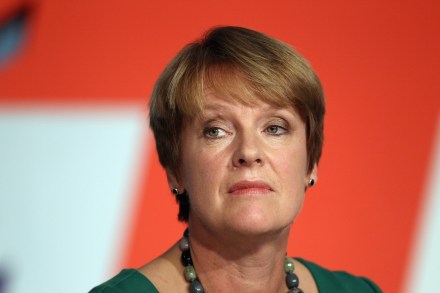Osborne shouldn’t spend the extra money
Lucky old George Osborne. The British economy is not in “meltdown,” but churning out tax revenue like a fruit machine. Figures out from the ONS today show that the tax haul for January alone was £58.4 billion – pushing the public finances into a surplus £3.7 billion for that month (an almighty £3.6 billion more than expected). If this rate continues (no reason why not, seeing as we’re all getting drunk on Mervyn King’s underpriced debt again), then Citi estimates he will have £8 billion more to play with than expected in the current financial year. So what will he do? Osborne’s decision will tell us plenty about what type




















